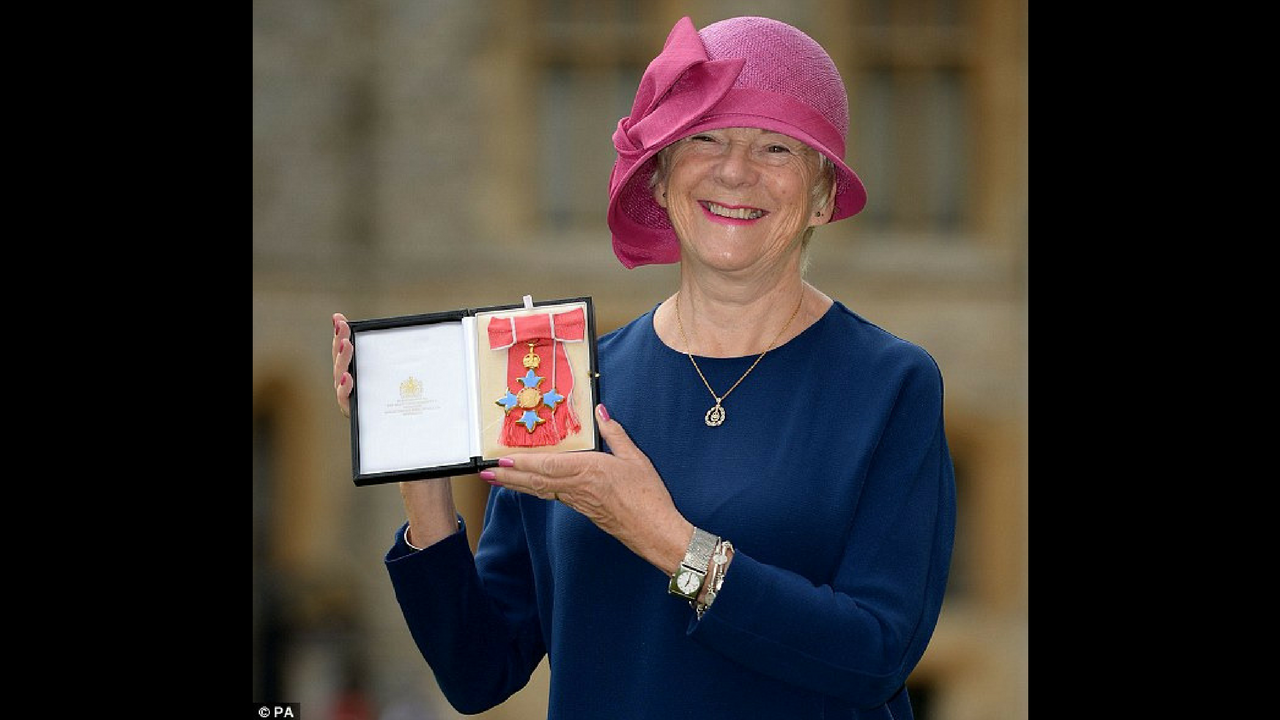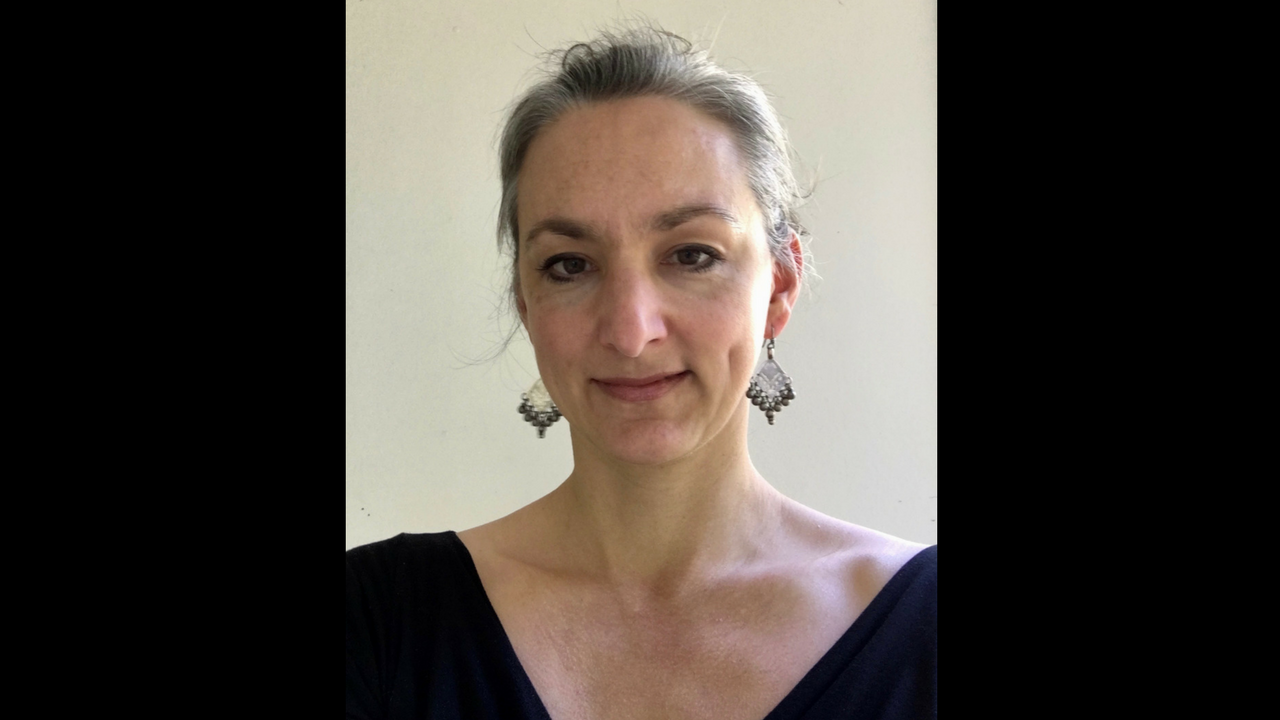Professor David Ellwood - Foundations for participation: The first 1000 days of life

The first 1000 days signifies the critical time from conception to the end of the first two years of a child’s life. Much scientific research over the last two or three decades has underscored the importance of this time for an individual’s long term...
MBRRACE-UK - Maternal deaths and morbidity findings

The national collaborative programme studying maternal and infant deaths, MBRRACE-UK has published its latest Confidential Enquiry into Maternal Deaths and Morbidity findings.
MBRRACE-UK = Mothers and Babies: Reducing Risk through Audits and Confide...
Professor Lesley Page CBE – Relationship-based continuity of carer: Informed choice for women and midwives

This is a great article on continuity of care written by Lesley Page who we interviewed for the Birth Time documentary.
Click here to read more.
Australian private midwives with hospital visiting rights in Queensland: Structures and processes impacting clinical outcomes \\ ARTICLE

Little is known about the outcomes for women accessing maternity care from private midwives with visiting rights in Australia, and there are no studies to date analysing factors impacting on clinical outcomes, until now.
Background:
Reporting the o...
Rebecca Dekker - Evidence on: Advanced maternal age, or pregnancy at age 35 or older \\ ARTICLE

People who are pregnant at age 35 or older are often referred to as “advanced maternal age.”
They may be told that they should have a labor induction or C-section at 39 weeks, solely because of their age.
This Evidence Based Birth® article, covers:...
Dr Rachel Reed - Women’s descriptions of childbirth trauma relating to care provider actions and interactions \\ ARTICLE

This paper on birth trauma was published in January 2017 by one of our interviewees for the Birth Time documentary, Dr Rachel Reed.
Background:
Many women experience psychological trauma during birth. A traumatic birth can impact on postnatal menta...

